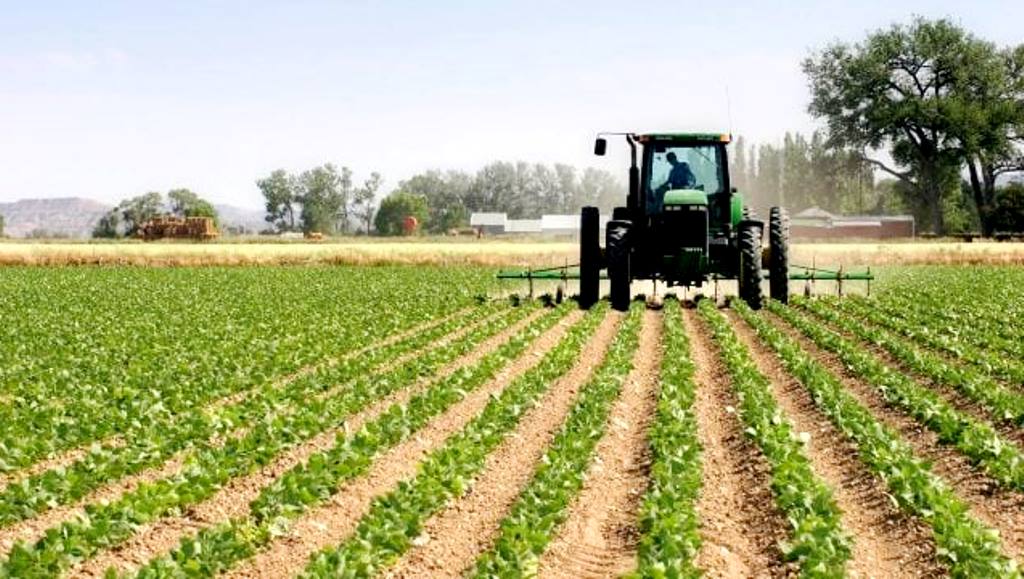THE International Labour Organisation (ILO) and tripartite partners are strategising on a project to address decent work deficits in the agricultural sector in the country.
ILO is working closely with the Prime Minister’s Office (Labour, Youth, Employment and People with Disabilities), Association of Tanzania Employers (ATE) and Trade Union Congress of Tanzania (TUCTA) on interventions and look for the root causes of decent work deficits in the sector.
More than 50 representatives from ILO, partner organisations as well as the academia and nongovernmental organisations are meeting in Arusha for three days for designing a project to address the deficits, specifically in tobacco farming.
Speaking on the sidelines of the strategic planning workshop at a hotel in Arusha, ILO Programme Coordinator (Decent Work in the Tobacco Sector Tanzania & Zambia), Dr Gerson Nyadzi, said the programme would run for three years until 2023 in the context of Tanzania’s current Decent Work Country Programme and in the framework of the time bound Integrated Strategy to address the challenge as endorsed by the ILO governing body in November 2019.
“Specifically, the workshop aims at, among others, prioritising key outputs and activities for implementation in Tanzania, identify key stakeholders for project implementation, identify key target areas of geographical coverage and develop a project implementation roadmap,” said Dr Nyadzi.
Tobacco is one of the country’s main export cash crops and thus an important contributor to Tanzania’s economy in terms of labour and revenue generation.
However, the coordinator expressed concerns that it subjected many children to indecent labour, almost throughout the year, including effects of green tobacco leaf sickness and residual effects in tobacco smoking, all of which make them remain in the poverty cycle.
“Studies show that tobacco cultivation and processing is labour intensive, reportedly outpacing other crops’ labour inputs in the ratio of 3:1. The industry employs more women than men and accommodates worst forms of child labour,” said Dr Nyadzi.
Other crops include cashew nuts, coffee, tea, cloves, cotton and sisal. A statistical analysis undertaken by ILO in 2018 shows that Tanzania’s tobacco production in 2017 stood at 104.5 thousand tonnes and 118,763 hectares are under tobacco cultivation.
Notable decent work deficits in the sector include workplace accidents as well as severe poisoning and deaths resulting from exposure to hazardous pesticides, work-related cancer or reproductive impairments, irregular and casual forms of employment particularly for women.
Speaking on behalf of PM’s Office, Mr Gerald Mziray said child labour was a cross-cutting issue and the government understood and appreciated efforts undertaken by ILO and other partners in addressing the same. He said it was hoped that by 2025 the country would have eliminated child labour.
ILO and stakeholders, including civil societies and district councils, from 2000 to 2014 had successfully withdrawn 900,000 children from child labour in agriculture, mines, fisheries and domestic jobs.
From 2016 to 2018 some 135 children had been given alternative work or training.







